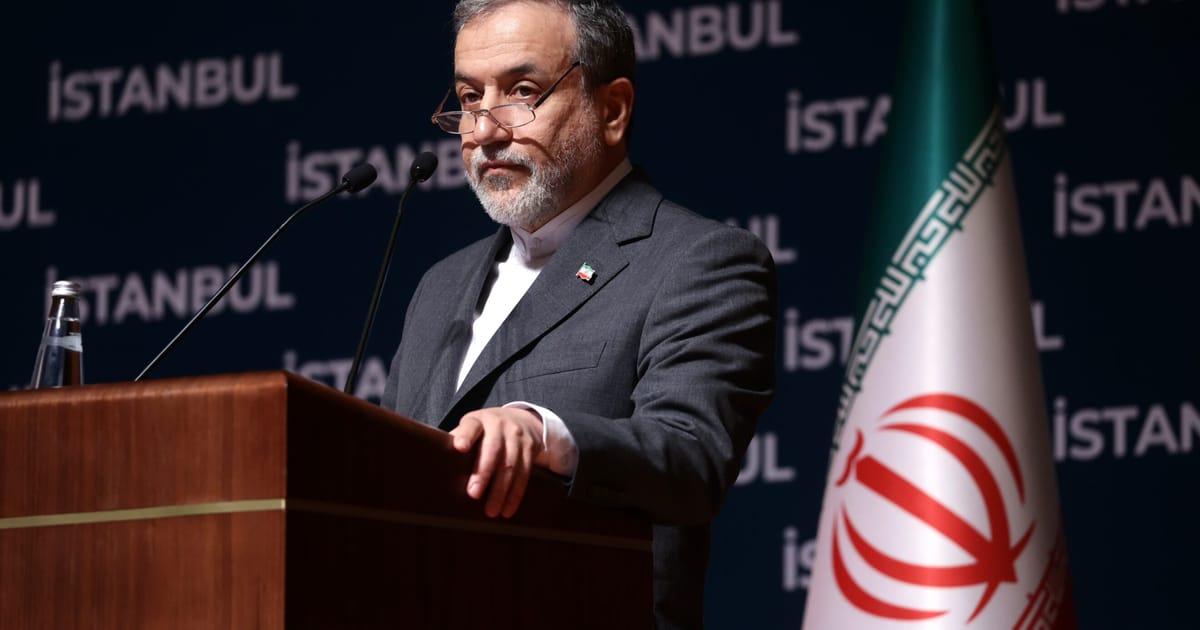British Prime Minister Keir Starmer, meanwhile, called for deescalation and urged Iran to return to diplomatic negotiations to address the “grave threat” of its nuclear program. French Foreign Minister Jean-Noël Barrot said France “urges the parties to exercise restraint to avoid any escalation that could lead to an expansion of the conflict” and called for “a negotiated solution.”
But Araghchi accused both Israel and Washington of deliberately sabotaging diplomatic efforts aimed at resolving tensions over Tehran’s nuclear program.
“Last week, we were in negotiations with the U.S. when Israel decided to blow up that diplomacy. This week, we held talks with the E3/EU when the US decided to blow up that diplomacy,” Araghchi said on X. “What conclusion would you draw?”
The International Atomic Energy Agency (IAEA), the United Nations’ nuclear watchdog, reported no increase in off-site radiation levels following the strikes.
IAEA Director General Rafael Grossi said in a post on X that he was calling an emergency meeting for Monday following the U.S. strikes “in light of the urgent situation in Iran.”
